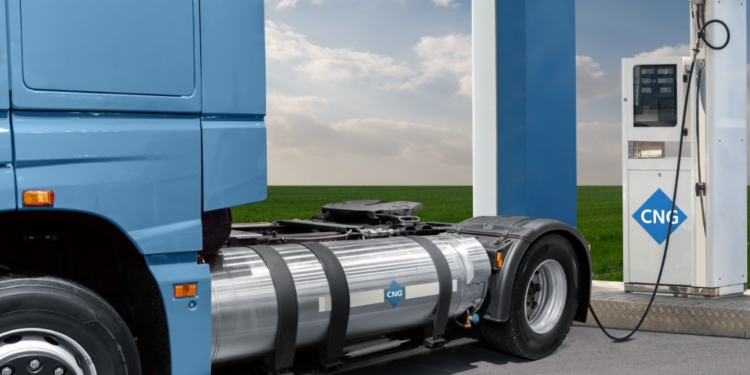Behind the Dar es Salaam Institute of Technology (DIT) walls, a silent revolution is taking place in Tanzania’s automotive landscape. Technicians are diligently working on transforming conventional gasoline-powered vehicles into eco-friendly alternatives that utilize Compressed Natural Gas (CNG). This initiative, led by DIT, marks a significant stride towards sustainable and clean energy transportation in the country.
The Environmental Promise of CNG Conversion
DIT’s innovative approach involves modifying vehicles to run on CNG, emphasizing the environmental benefits of this cleaner energy source. Gerutu Bosinge, the CNG workshop manager at DIT, highlights the reduced carbon dioxide emissions associated with natural gas compared to traditional fossil fuels.
The initiative aims to combat environmental degradation and mitigate the impacts of climate change by embracing a more sustainable energy option.
Affordability and Economic Advantages of CNG
Beyond its environmental benefits, adopting CNG in Tanzania is proving economically advantageous. Bosinge notes that CNG is economically favorable, offering a cost-saving advantage of approximately 50% compared to traditional fuel. This financial incentive and reduced operating costs present a compelling case for consumers, contributing to the technology’s growing popularity.
Successes and Testimonials: Voices from CNG Vehicle Owners
A satisfied CNG vehicle owner, Frederick Michael Sanga, attests to the financial savings and enhanced vehicle performance after converting his car from gasoline to CNG. The reduction in weekly fuel expenses and the positive impact on his vehicle’s condition validate the success of Tanzania’s venture into CNG adoption.
Sanga’s experience echoes the increasing number of Tanzanian drivers embracing this cleaner and more economical alternative.
DIT’s Decade-Long Research and Transformation Milestone
DIT embarked on a research journey 2008 to explore vehicle modification from gasoline to CNG. A decade later, in 2018, the institution achieved a breakthrough, kickstarting the transformation of over 800 vehicles. Bosinge shares that the workshop’s operations are fully financed by DIT, demonstrating the institution’s commitment to pioneering sustainable transportation solutions.
Future Plans and Challenges
Looking ahead, DIT plans to extend its CNG conversion efforts to diesel-powered vehicles by the end of the year. Bosinge emphasizes the need for reduced import duties on modification kits and gas cylinders, advocating for governmental support to encourage more widespread adoption of CNG technology.
The institution also supports independent workshops managed by former DIT students, fostering a collaborative approach to expand the reach of CNG vehicle conversion.
Conclusion: Tanzania’s Clean Energy Horizon
With its vast natural gas reserves, Tanzania envisions a clean energy horizon propelled by the adoption of CNG in the transportation sector. As the government plans to establish additional CNG filling stations in Dar es Salaam, this technology promises a greener and more sustainable future for Tanzania.
The collaborative efforts of institutions like DIT and the growing community of CNG vehicle owners contribute to a cleaner environment, reduced carbon emissions, and a path toward a more sustainable automotive industry in Tanzania.
Original Article: https://english.news.cn/africa/20220422/9940cb9a4bf244eaa7efec54fec15567/c.html




